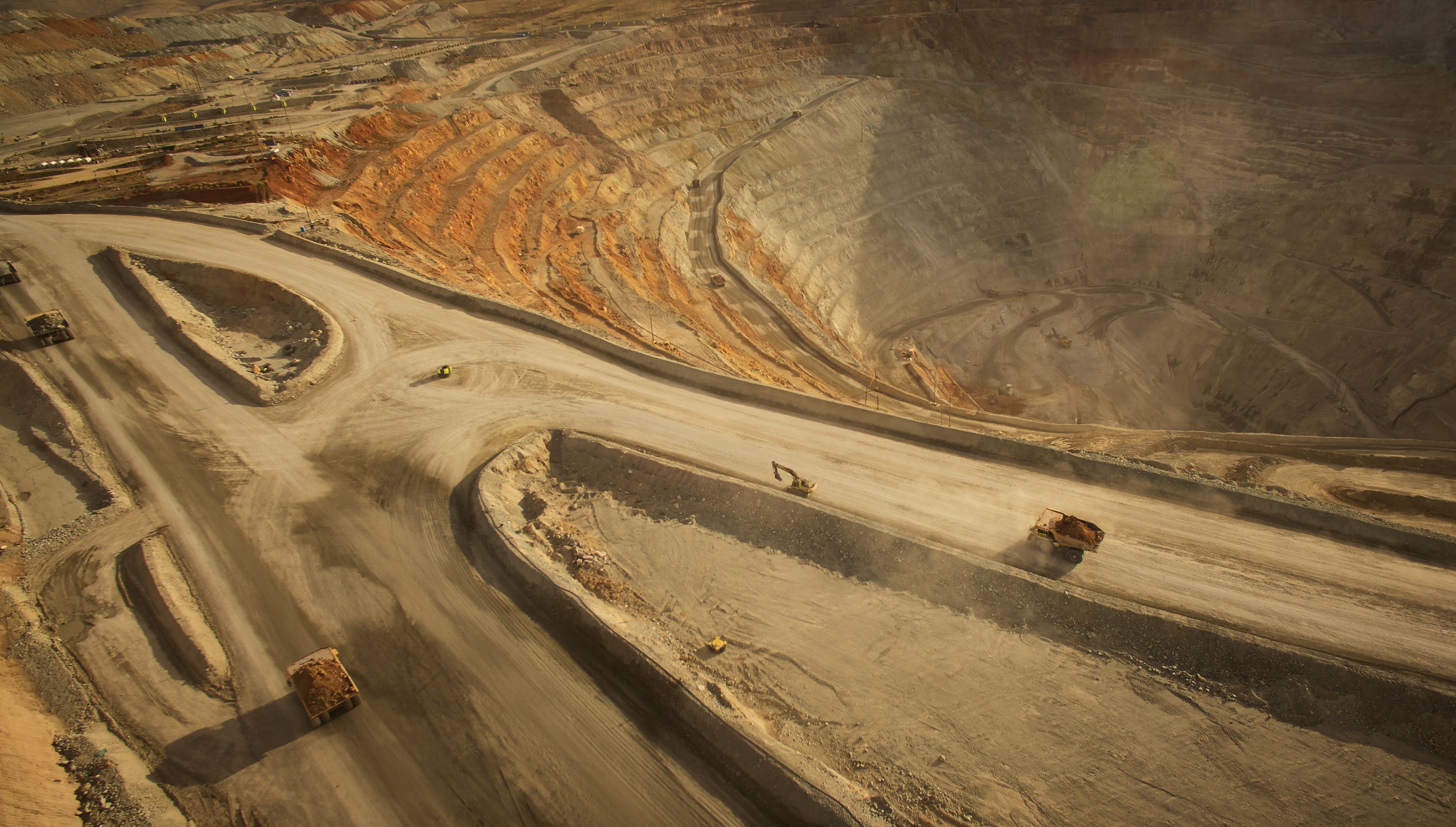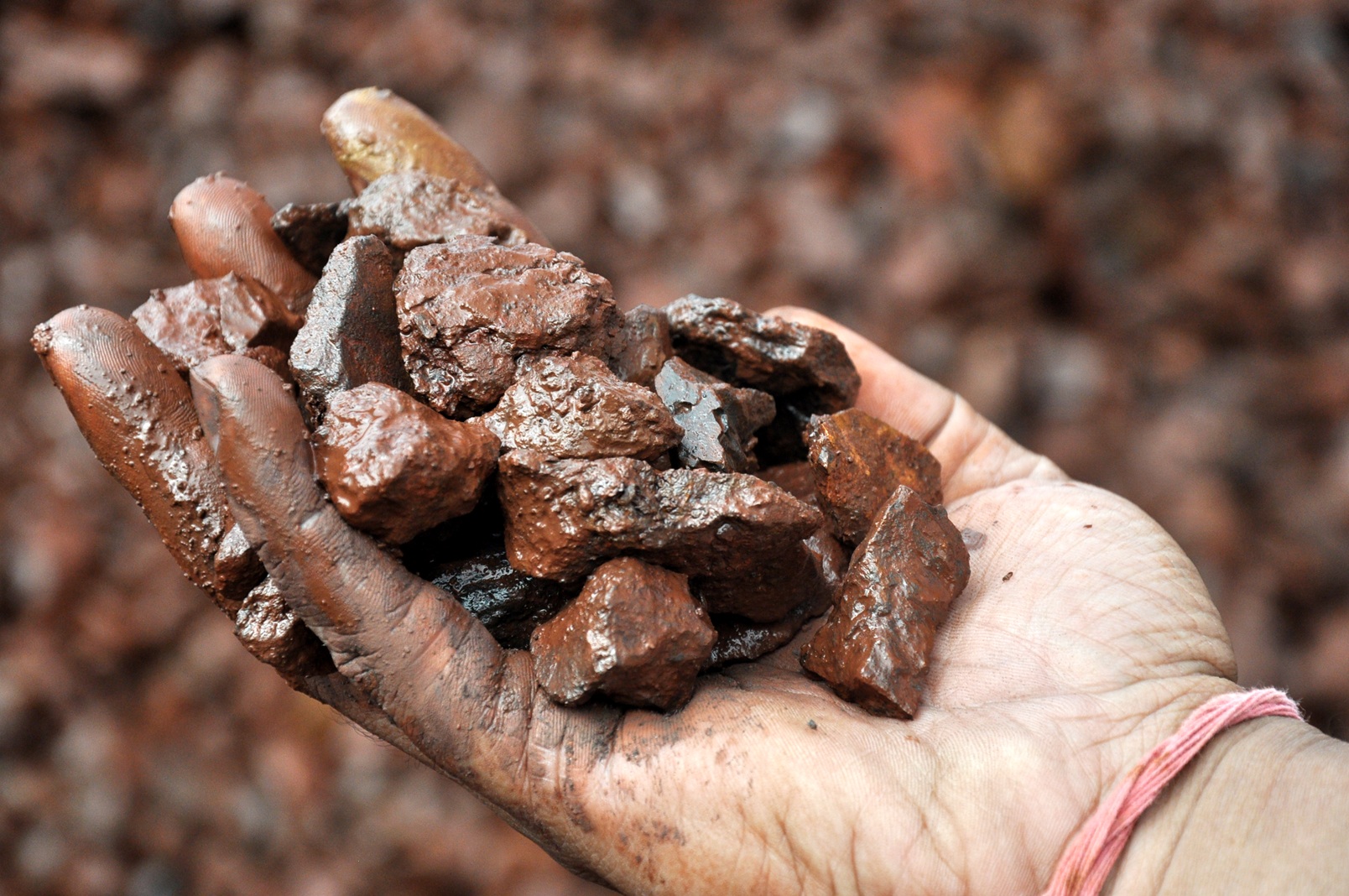.jpg)
Arctic Congress Bodø 2024
July 9, 2024
How Australian and circumpolar Arctic communities are experiencing First Nations rights in the energy sector
Introduction
The impact of traditional ’dirty’ and new ‘clean’ energy minerals extraction and generation share the same attitudes of relative disregard for First Nations responsibilities, rights and relationship to their Country, be it water or terrestrial.
This paper will explore the Australian and Arctic nations’ approaches and issues encountered in the areas of offshore oil and gas extraction and wind energy generation, onshore wind and solar energy generation,and the critical minerals extraction necessary for the new industries’ commercial viability.
Across the conference, the perspectives of the participating communities revealed similar concerns and showed both the commonality and uniqueness of the Australian experience. Across these discussions however, three central questions were raised and retuned to:
- How are First Nations’ rights under the United Nations Declaration on the Rights of Indigenous Peoples (UNDRIP) being recognised?
- How are First Nations communities being engaged in the process of energy project development and how is Free, Prior and Informed Consent (FPIC) being implemented in these consideration processes?
- Are the new energy regimes any different to the old ones regarding recognition of First Nations’ rights?
In exploring an international perspective and shared concerns, it is hoped that work undertaken in Australia to ensure First Nations’ rights and responsibilities are recognised in energy projects, can be strengthened and secured. As a global community, we must work together and learn from each other.

Arctic Congress
From 29 May to 3 June, Storey & Ward Lawyers participated in the Arctic Congress Bodø 2024. This congress was unique in that it combined the International Congress of Arctic Social Sciences (ICASS) XI, UArctic Congress 2024, and High North Dialogue 2024 in the 2024 European Capital of Culture. Held on Sámi land [1], the Congress provided a platform to discuss Arctic issues for researchers, policymakers, businesses, and academics.
Whilst the circumpolar Arctic is made up of the northern lands of the world’s eight northernmost countries: Canada, Finland, Denmark (including Greenland and the Faroe Islands), Iceland, Norway, Russia, Sweden,and the United States (Alaska) [2]; an Australian perspective on Aboriginal and Torres Strait Islander rights over Sea Country was included.
The themes of the Arctic Congress Bodø 2024 followed those of Norway’s Arctic Council chairship priorities and focused on several core issues, including the impacts of climate change, sustainable development, and efforts to enhance the well-being of people living in the region.
The scientific sessions discussed topics including sustainability, education, reindeer husbandry, entrepreneurship, energy, geopolitical landscapes, tourism, culture and First Nations communities.
The Australian Context
The global climate crisis has wide ranging consequences. Some of these are seen in the offshore energy industry in Australia. Two components of this industry are a well-established offshore gas sector and a strongly emerging off/onshore energy sector. The continuing demand for gas as a ‘transition’ energy source and the growing demand for renewable energy in the form of offshore wind energy have caused unprecedented levels of offshore development activity in Australia.
Similarly, the creation of massive onshore solar energy projects is occurring on a scale unprecedented in this country. The ‘locking up’ of land necessary for these projects means the sites are unable to be used by Traditional Owners for cultural business. Areas of up to 2,000 hectares (New England Solar, Uralla, NSW) per project are being impacted.
The idiosyncrasies of Australian common law have meant that Traditional Owners have had very little opportunity to protect culture, assert rights and derive benefits from offshore economic activity. The 2022 Federal Court decision of Santos v Tipakalippa [3] altered this. That decision held that the existing legislative framework around offshore energy development required the full inclusion of affected Traditional Owners. The resultant need for regulatory reform in response to this decision has created both challenges but also significant opportunities for Australian First Nations.
%20(1).jpg)
First Nations Communities (UNDRIP and FPIC)
In accordance with UNDRIP [4], First Nations communities collectively develop decision-making institutions and their representatives. In many instances, across the regions, these representatives are often not consulted in preference for individuals who can be coerced or influenced by energy projects. The discussions around the importance of consultation with rights holders and provision of FPIC is being held acrossthe globe because collective decision making is a vital underpinning of FPIC.
In the Australian context, we have Traditional Owner Representative Institutions (TORIs) being Traditional Owner organisations created or recognised by existing statute. In the circumpolar Arctic, similar structures exist in the Yerv Reindeer Herding Cooperatives in Russia [5]. The absence of much land-based rights recognition of Sámi rights across the region [6] does not impact the collective decision making of those communities through the Sámi parliaments but does impede the imposition of those rights in a practical manner through legislation and regulation.
Once collective institutions are involved in the energy project process however, it can often still be an unprofitable exercise as consultation is undertaken too late or without consideration of FPIC.
In Australia, as in Canada, requests for consultation are overwhelming for First Nations communities. The documents provided are too technical, there are too many requests and the timelines for response are too tight for genuine consideration by the broader communities [7]. Similarly, whilst Finnish mining legislation is the most advanced regarding inclusion of Sámi rights[8], consultation is far too late in the process of project development to be truly valuable or productive for both parties.
.jpg)
Wealth Sharing
Across both Australian and Arctic First Nations’ communities, the resources held on their Countries have provided enormous wealth to shareholders and not to those communities who have cared for that land for generations. Elle Merete Omma, head of the Saami Council EU Unit, noted that her Saami reindeer family got less for reindeer meat in 2024 than in 1978 (adjusted for inflation), whist the resource sector made so much from the same country [9].
Land rights in Australia have created a legislative regime through which there can be some accommodation of First Nations cultural relationships to, responsibilities for and rights over Country. It is clear however that these rights must more extensively be extended to the offshore environment.
Resource extraction has benefited many government entities in the circumpolar Arctic, most notably in the Norwegian Government Pension Fund Global and Alaskan Permanent Fund. The opportunity now arises for communities to leverage their existing rights and benefit from new energy projects. However, across Arctic and Australian First Nations environments, a stubborn resistance by the energy sector to change existing ‘old’ energy practices to now benefit communities prevails.
Adding to this resistance at a local level, international investment law is overwhelmingly skewed to corporate sector players [10]. This means that implementation of genuine wealth sharing with First Nations peoples, even when avenues of legal recourse are accessible, is not supported. Even with land-based rights, such as exist in Australia, these international legislative vehicles limit a multinational benefit sharing that positively support communities through self-determination and wealth generation.
Climate Change
Analysis of the circumpolar Arctic and Australian First Nations positions regarding minerals extraction and use of Country, reveals that again, it is these communities who benefit the least and have the most taken from them in regard to rights and Country. Arctic communities are experiencing the impacts of climate change, in relation to temperature increase, at three times the global annual average [11]. This is the same climate change raising coastal water levels and impacting the Torres Strait Islands and smaller island communities across the region; and increasing temperatures to almost unsustainable levels in Australian inland communities.
Whilst these First Nations communities are profoundly impacted by climate change, they are the smallest contributors to it. Simultaneously,their rights regarding consent to minerals extraction are internationally limited to a state of non-existence. Significantly, this is even more noticeable now that there is such international focus on ‘clean’ energy.
Critical minerals are needed to make the critical technologies modern economies rely on, such as those underpinning renewable energy, medicine and national security. Australia is home to some of the largest recoverable critical mineral deposits on earth, including high-quality cobalt, lithium, manganese, rare earth elements, tungsten and vanadium. Similarly, the circumpolar Arctic contains all critical minerals but larger deposits of lithium, cobalt, rare earth elements and graphite.
Access to Country, its limitation and restriction for First Nations communities, is a universal issue regarding new energies. Impacting Australian Aboriginal communities are the vast areas being commandeered for solar farms. Whilst this is deemed as essential to realise international commitments to reduce climate change impacts, it is always the rights of First Nations communities that are impacted by such moves towards a new and essential future. Restriction of areas traditionally used for reindeer herding, essential to the cultural and economic wellbeing of Sámi communities, is a starkly similar situation. Impacts of wind farms and mining have reduced access to Country and changed the ways in which cultural practice can be undertaken.

Conclusion
The familiarity of many conversations at the Congress was unsettling. Why is it that the rights of the less respected but longest serving carers of Country and culture are the easiest to ignore? How can the wellbeing of the international community and planet be maintained without destroying First Nations’ rights?
Communities both in Australia and the circumpolar Arctic are trying to manage these conflicting pressures, in many cases without legislative, statutory or international legal support.
The discussions being held about a post-extractive economy are valuable but, given the resource wealth of the Arctic and Australian regions, far from the daily battles of reform and rights recognition experienced in many communities. Unfortunately, we are in extractive age and will continue to be so for some time if the requirements of critical minerals for clean energy are taken into consideration.
What must be learnt from our shared and divergent experiences is that First Nations peoples have rights, these rights must be respected through application of FPIC and consultation with collective decision-making entities, and wealth must be shared to benefit these communicates in ways that they determine.
Footnotes
[1] Whilstthe greatest consideration has been made to appropriate spelling, the linguisticimpacts of colonisation and interpretation of terms means that some inconsistenciesmay appear. Generally, Sámi has been used for communities in Finland, Norway,collectively and the Parliament; and Saami has been used for the Council.
[2] UArctic,The Circumpolar North, 26/06/2024 https://education.uarctic.org/circumpolar-north
[3] SantosNA Barossa Pty Ltd v Tipakalippa [2022] FCAFC 193, Federal Court ofAustralia, 2022, 28/06/2024 https://www.judgments.fedcourt.gov.au/judgments/Judgments/fca/full/2022/2022fcafc0193
[4]United Nations Declaration on the Rights of Indigenous Peoples, 2007, Article18
“Indigenous peoples have the right to participatein decision-making in matters which would affect 15their rights, throughrepresentatives chosen by themselves in accordance with their own procedures,as well as to maintain and develop their own indigenous decision-makinginstitutions.”
[5]Syadeyskaya, P., Indigenous-DrivenInstitutional Change and Subsistence Livelihood in a Reindeer HerdingCommunity: A Case of the Yerv Cooperative, Nenets Autonomous District, ArcticCongress 2024, 30/05/2024 https://www.eventsforce.net/apriilcongress/frontend/reg/absViewDocumentFE.csp?documentID=875&eventID=57
[6] Rodon,T., Arctic People Double Exposure: Energy Transition and Climate Change,Arctic Congress 2024, 30/05/2024 https://www.eventsforce.net/apriilcongress/frontend/reg/absViewDocumentFE.csp?documentID=1113&eventID=57
[7] Thériault,S., Green colonialism at the 'critical' minerals frontiers: towards a justenergy transition for Indigenous peoples, Arctic Congress 2024, 30/05/2024 https://www.eventsforce.net/apriilcongress/frontend/reg/absViewDocumentFE.csp?documentID=991&eventID=57
[8] Ollila,M., Control of the Indigenous land on the Kola Peninsula: the cases ofKolmozerskoye deposit and Fedorova Tundra, Arctic Congress 2024, 30/05/2024https://www.eventsforce.net/apriilcongress/frontend/reg/absViewDocumentFE.csp?popup=1&documentID=1377&eventID=57
[9]Omma, E. M., Sustainable Economic Development, Arctic Congress 2024, 31/05/2024https://www.eventsforce.net/apriilcongress/frontend/reg/titem.csp?pageID=46135&eventID=57
[10] Schwöbel-Patel,C., Greenland as a New (Legal) Frontier of Extractivism in the GreenTransition, Arctic Congress 2024, 31/05/2024 https://www.eventsforce.net/apriilcongress/frontend/reg/absViewDocumentFE.csp?documentID=1114&eventID=57
[11] ArcticCouncil, The Arctic in a Changing Climate, 26/06/2024 https://arctic-council.org/explore/topics/climate/
More Insights

Is it time to talk about Voluntary Industry Standards Schemes?
Is it time to talk about Voluntary Industry Standards Schemes?


